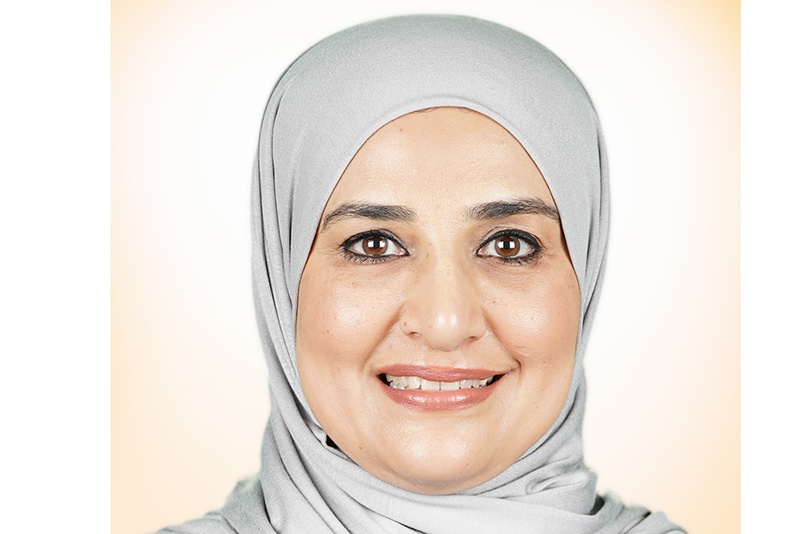
By B Izzak
KUWAIT: Minister of Social Affairs Mariam Al-Aqeel said yesterday she is currently considering how to deal with private sector employers who have not paid their staff. "We will not take long to issue a decision on how to deal with this wrong situation, because how can employees meet their financial commitments if they don't get paid," the minister said on Kuwait TV. The issue concerns thousands of expatriate workers who make up the overwhelming majority of the private sector workforce.
The ministry has the power to force employers to pay wages and can use the guarantee money deposited with the ministry to pay unpaid wages. Businesses in Kuwait as well as all over the world have been hit hard by the shutdowns and curfews due to the coronavirus, rendering many small businesses helpless in coping with the difficult financial situation. Aqeel said cooperative societies have been performing well during the current crisis and warned violators will be penalized.
Meanwhile, government spokesman Tareq Al-Mazrem said yesterday that the government has not discussed imposing a total round-the-clock curfew and the issue has not been proposed. But he added that imposing a total curfew remains an issue in the hands of the health authorities.
The health ministry meanwhile reported 13 new coronavirus cases yesterday, raising the number to 208, while announcing that six more cases have recovered, bringing the total to 49. Health Ministry spokesman Abdullah Al-Sanad said that of the 159 cases receiving treatment, seven are in the intensive care unit, of whom two are in critical condition. More than 800 people have so far been discharged from quarantines.
Flights repatriating Kuwaitis continued yesterday with two flights from Britain and Germany, while Kuwait Airways announced plans to operate a flight to New York tomorrow. Special flights repatriated hundreds of Kuwaitis from Lebanon, Egypt and Bahrain on Tuesday and the health ministry admitted that some of them tested positive for coronavirus. All repatriated citizens are placed in quarantines for 14 days.
Parliamentary sources said yesterday that the government is expected to request the Assembly to delay the 10 percent mandatory transfer from revenues to the future generations fund. This would amount to around KD 1 billion. The rare request requires approvals from the National Assembly and a decision by the government. By law, the government must transfer 10 percent of public revenues, regardless of deficit or surplus, to the future generations fund, which has assets of around $600 billion invested mostly abroad.










